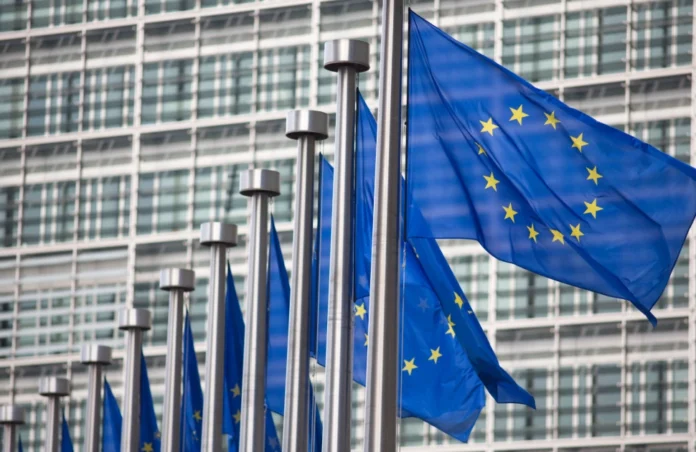(Reuters) – The European Union set import quotas on Tuesday on alloys of steel containing manganese or silicon to protect domestic producers against a surge of cheap imports.
The measures will last for three years and consist of country-specific quotas per type of ferro-alloy, limiting the volume of imports that can enter the EU duty-free.
Imports beyond the quotas may enter without duties if prices exceed established thresholds. If not, a tariff will apply to bring the final price up to the threshold level.
“The EU cannot afford to let a strategic industry collapse under the weight of rising import pressures,” European Trade Commissioner Maros Sefcovic said in a statement, adding that the measures were necessary to defend EU industrial resilience.
The European Commission, which carried out an investigation, said that imports increased by 17% between 2019 and 2024 and the market share of EU producers fell to 24% from 38%.
Sector body Euroalliages said EU companies were struggling to compete with exporters from China, India and Kazakhstan, who sold at significantly lower prices.
The EU has designated manganese and silicon metal as critical raw materials. They are used to make steel stronger and more resistant to corrosion for the construction, automotive, aerospace sectors and in military applications, on which many EU countries are boosting spending.
The safeguard measures also apply to Norway and Iceland, the source of about half of imports. The Commission said it would hold consultations with both countries every three months and would review the measures.
Manganese and silicon-based alloy elements are also used in aluminium production and a small share goes to the chemical sector, often for use in solar panels.



















